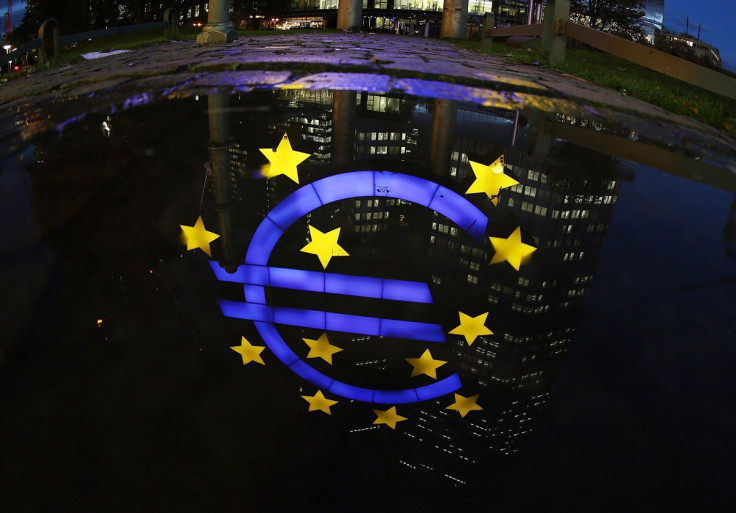Spiking eurozone inflation could put European Central Bank in difficult spot
Ratings agency S&P believes 2017 could mark the return rising inflation to Europe.

The year 2017 is likely to mark the return of inflation to Europe thereby putting the European Central Bank (ECB) in a difficult position, according to a new research.
In a note for its clients published on Monday (9 January), S&P Global Ratings said the combination of higher oil prices and the appreciation of the dollar against the euro is already pushing headline inflation higher in the eurozone, which it expects to peak at 1.5% in the first quarter of the year.
European Union's statistical arm Eurostat recently noted that headline eurozone inflation surged to 1.1% in December on an annualised basis; the highest on record since 2013. It followed a period between 2014 and 2016, when inflation remained in the 0.0%-0.4% range.
Even if core inflation is unlikely to rise meaningfully above 1%, "soaring headline inflation puts the ECB in a difficult position, as it needs to appease calls for higher interest rates by more hawkish policymakers while making sure to prevent any unwarranted tightening in financial conditions," S&P said.
In one year, the price of Brent crude oil jumped 40%, to $54 a barrel in December 2016 from $38 the previous December. The rise reached 45% in euro terms as the dollar gained 3% against the currency.
S&P Global Ratings economist Sophie Tahiri said: "What's remarkable is that the longstanding negative correlation between oil prices and the US exchange rate has been reversed since spring 2016, when both the greenback and oil started rising in concert."
Tahiri noted that the ECB's dilemma stems from the fact that on the one hand, it has to appease calls for higher interest rates by more hawkish policymakers and by politicians of, in particular, the euro zone's strongest economy (Germany); and on the other hand, has to reassure investors that it won't consider any premature stimulus tapering, which could lead to an unwarranted further tightening of financial conditions, especially with plenty of political and policy uncertainty on the horizon.
Nonetheless, S&P Global Ratings said ECB's monetary policy stance is likely to remain accommodative until core inflation experiences a sustained adjustment of its path, probably not before 2018.
© Copyright IBTimes 2025. All rights reserved.




















